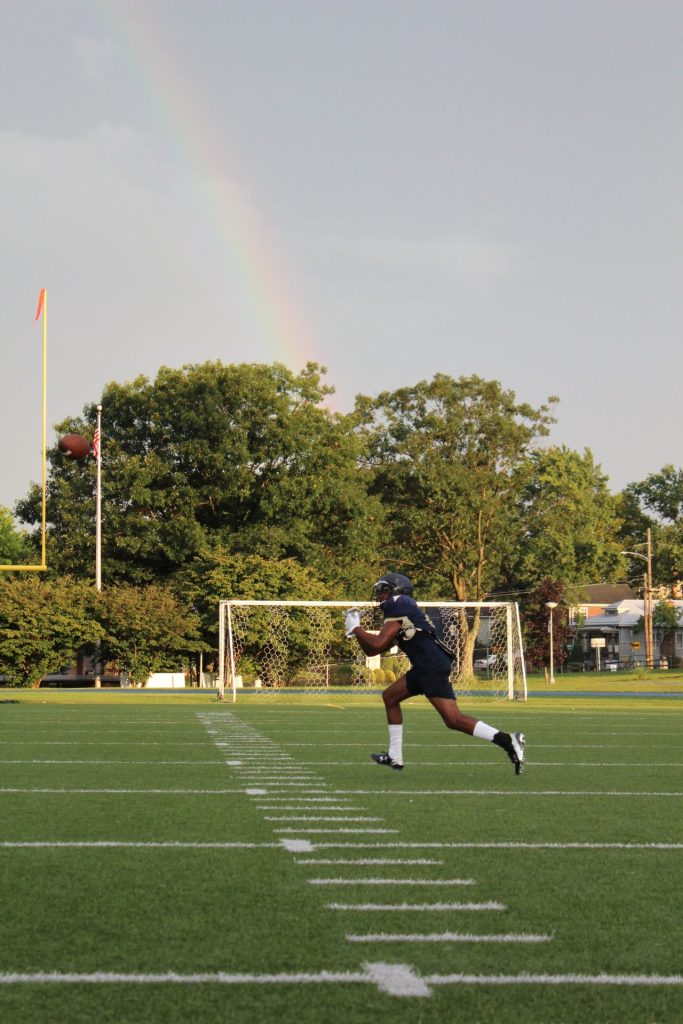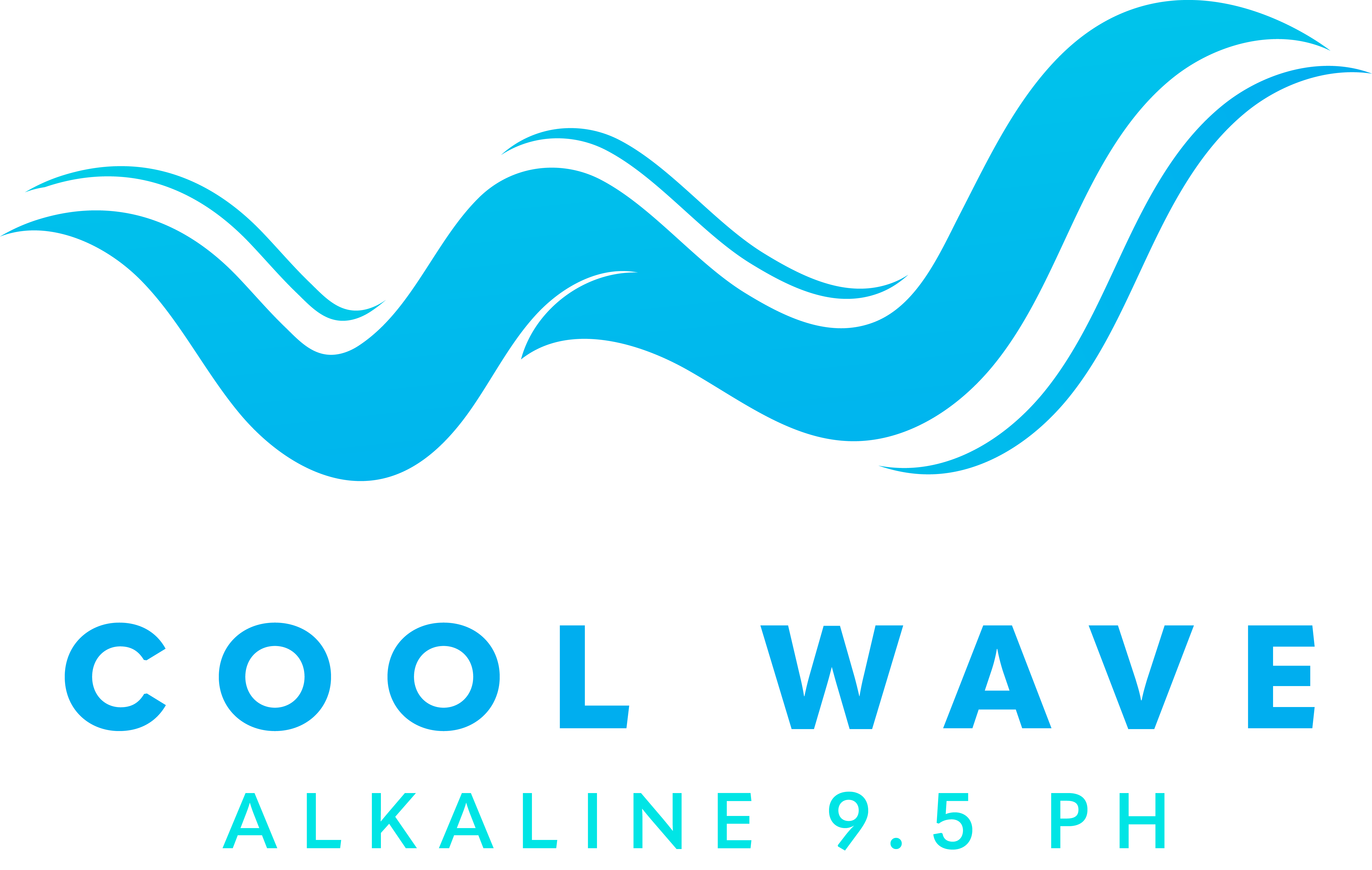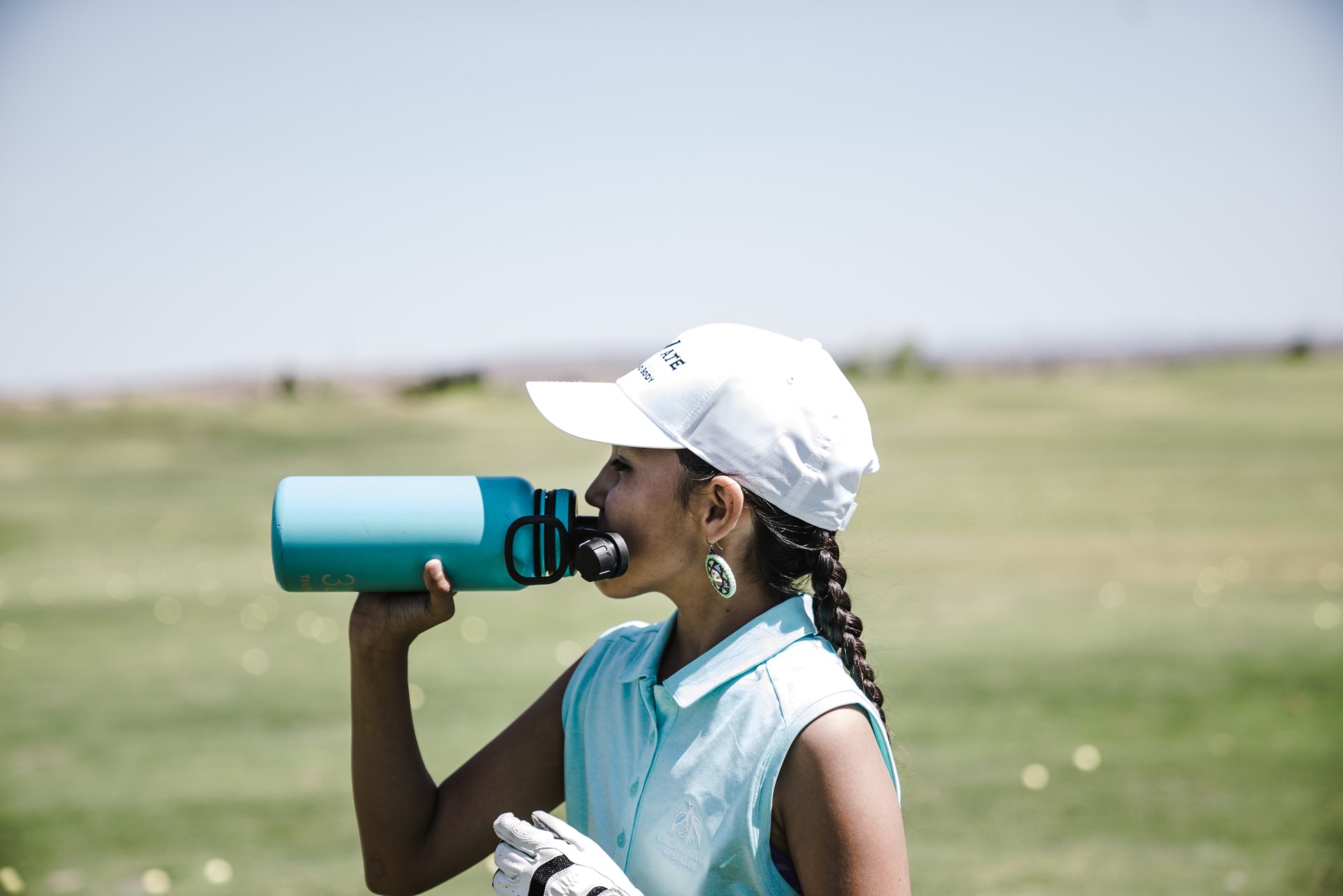Drinking plenty of good water is key to staying healthy. Remaining hydrated keeps your body functioning properly and helps keep you performing at your best. This is especially true for athletes. For them, dehydration can not only slow down their performance, but be very dangerous. No matter what sport you play, whether you are in a weekend sports league or are a professional athlete, proper hydration is essential.
There is a relationship between performance and hydration, and it isn’t always as simple as just drinking water.
What Is Hydration Status?
A person’s hydration status is determined by how much of their body weight is water. In children, the optimal water percentage should be between 65% and 75% of their body weight. For adults, this should be from roughly 55% to 65% of body weight. Water is essential in many of our body’s processes. It aids in digestion, lubricates joints, balances the body’s chemicals, creates saliva, cushions our bones, delivers oxygen all over the body, and regulates body temperature.
Hyperhydration is the term used when a body is in positive water balance. Hypohydration is the term used when the body is in negative water balance or a water deficit. Dehydration is the process of losing water. When a person loses roughly 2% to 3% of their body weight in water, it is defined as mild dehydration.
 An athlete can lose fluids quickly while exercising, especially when exercising in hot and humid conditions. Dehydration can occur through sweating, breathing and increased core temperatures. Even small amounts of water loss can negatively affect oxygen uptake, muscle strength and endurance.
An athlete can lose fluids quickly while exercising, especially when exercising in hot and humid conditions. Dehydration can occur through sweating, breathing and increased core temperatures. Even small amounts of water loss can negatively affect oxygen uptake, muscle strength and endurance.
Dehydration And Sports Performance
Cells in the body cannot function properly in a state of dehydration. Because the blood slightly thickens, it makes it more difficult for the heart to get blood rich in oxygen to the cells. As cells lose fluid, they lose electrolytes also. Electrolytes aid in cell function and signaling.
In athletes, an imbalance in electrolytes can exacerbate the effects from fluid losses. This can inhibit performance, make tasks feel more difficult, and also raise the heart rate and core temperature, increasing the risk of heatstroke.
Alkaline Water And Hydration
A study conducted in Poland showed evidence that cyclists consuming alkaline water following dehydration from a cycling exercise, showed a faster hydration rate compared to cyclists consuming tap water. The study’s results indicated that drinking water that was alkalized improved acid-base balance, hydration status, and anaerobic exercise performance. The authors of the study recommended a daily intake of 3 to 4 L of alkaline mineralized water for improvement of hydration and performance when training and competing.
No matter what type of athlete you are, whether amateur or professional, maintaining proper hydration is key to ensuring your best performance every day. Drinking alkaline water increases hydration rates, making it the best choice for athletes!

